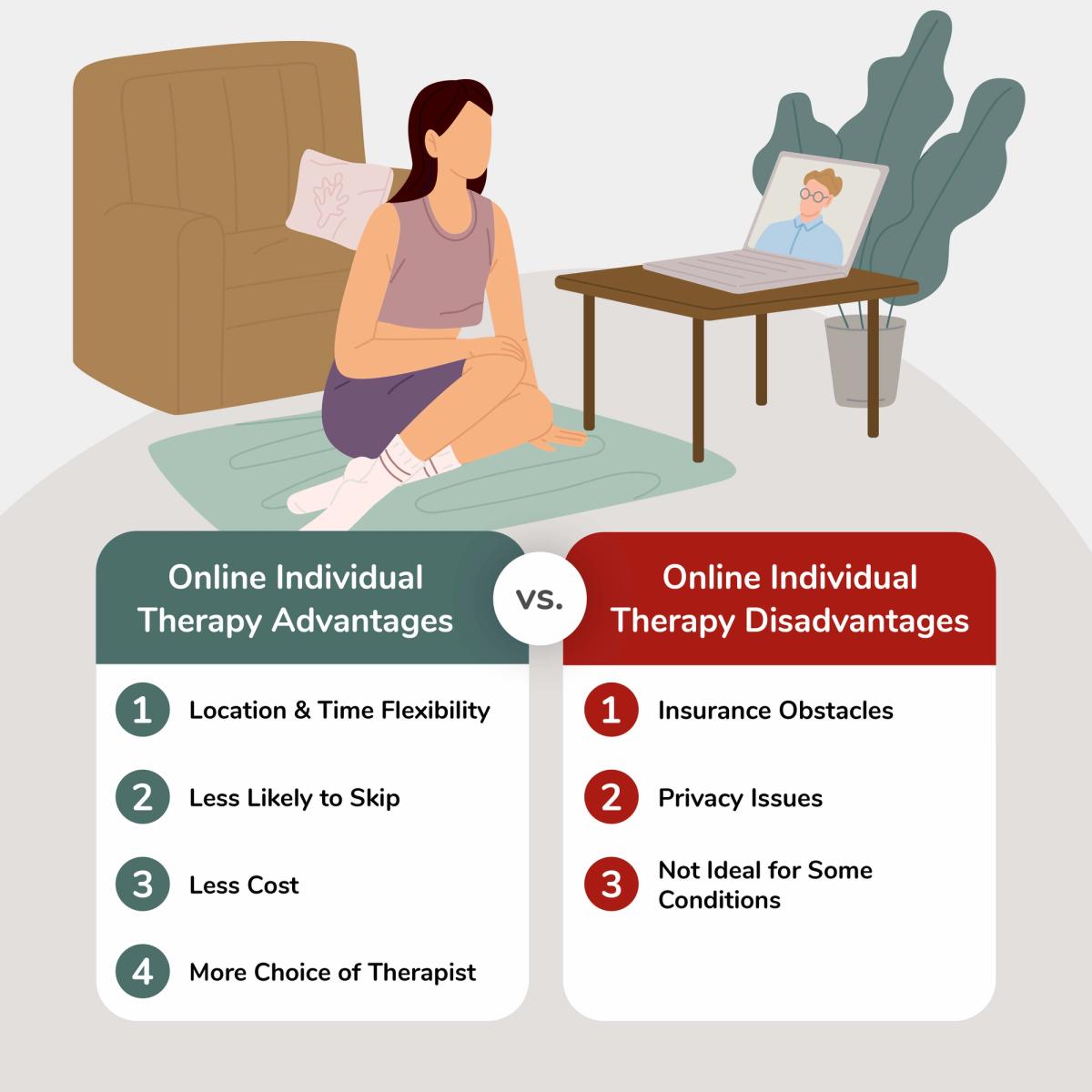Comprehending the Importance of Mental Treatment for Adolescent Growth and Wellness
Mental therapy plays a critical role in the development and wellness of teenagers. It attends to a variety of psychological wellness issues that can prevent their development. Via therapy, teens can learn crucial coping methods and enhance their emotional intelligence. This process promotes strength, enabling them to better browse life's obstacles. However, many still think twice to take part in conversations about mental health. Discovering the factors behind this unwillingness exposes deeper understandings right into the teen experience.
The Effect of Teenager Mental Health And Wellness on Overall Development
The interplay in between adolescent psychological health and wellness and overall development is complex and extensive. Throughout the critical stage of teenage years, individuals go through significant physical, psychological, and social modifications that shape their identification and future. Mental wellness plays an essential role in this procedure, influencing academic performance, relationships, and self-confidence. Favorable mental wellness promotes resilience and adaptability, enabling teenagers to browse difficulties efficiently. On the other hand, psychological health and wellness problems can harm cognitive features, interrupt social interactions, and hinder psychological law, causing a waterfall of developing obstacles.
The environment in which teenagers expand-- incorporating family dynamics, peer influences, and societal assumptions-- engages with their mental health, additional complicating their developing trajectory. Understanding the significance of psychological health and wellness in this stage is vital for promoting healthy and balanced advancement and making sure that teens can grow, both during their developmental years and beyond. Focusing on mental health and wellness assistance can substantially boost their overall growth and future capacity.
Common Mental Wellness Issues Encountered by Teenagers
While steering with the complexities of teenage years, several teenagers run into a series of mental health problems that can significantly impact their lives. Stress and anxiety disorders are widespread, frequently defined by excessive concern or fear that conflicts with day-to-day activities. Clinical depression is another common issue, showing up as persistent sadness, loss of rate of interest, and trouble in working. Additionally, behavioral problems, such as oppositional bold disorder, can result in problems with authority figures and a struggle to adhere to social norms. Consuming conditions, consisting of anorexia nervosa and bulimia, may arise as teenagers grapple with body image and societal pressures. Substance misuse can develop as a misdirected effort to deal with psychological distress. These psychological health difficulties, if unaddressed, can impede scholastic efficiency and social relationships, underscoring the need for awareness and support within this prone age.
The Function of Therapy in Building Coping Strategies
Treatment plays a significant role in furnishing teens with effective coping approaches to browse their mental health and wellness challenges. Through organized sessions, specialists assist teenagers identify and comprehend their feelings, fostering self-awareness. By making use of numerous techniques such as cognitive-behavioral treatment, teens learn to challenge unfavorable idea patterns and change them with useful ones. This procedure allows them to establish healthier reactions to stress factors.
Additionally, therapy provides a risk-free environment for teens to exercise these strategies, helping with the change from theory to real-life application. Role-playing and situation analysis allow them to practice coping devices in a supportive space. As teens face special stress-- scholastic demands, social characteristics, and identification expedition-- having actually individualized coping strategies comes to be important. Eventually, treatment not just addresses prompt worries however also imparts lifelong skills that make it possible for teens to manage future obstacles, advertising overall mental health and strength in their growth.
Promoting Strength and Emotional Knowledge With Treatment
Just how can treatment support resilience and psychological intelligence in teenagers? Therapy provides a secure setting where teens can explore their behaviors, emotions, and ideas. Via assisted discussions and activities, therapists aid teenagers identify and recognize their sensations, promoting emotional awareness. This understanding is a cornerstone of emotional intelligence, allowing them to feel sorry for others and handle interpersonal connections properly.
In addition, treatment gears up teens with tools to navigate life's difficulties, advertising durability. By dealing with previous injuries, disappointments, and stress factors, they discover to create coping systems that encourage them to deal with difficulty. Therapists commonly urge goal-setting, which imparts a sense of objective and achievement.
As teens practice these abilities in therapy, they come to be much more experienced at dealing with unpredictabilities and problems (Individual Teen Counselling). Eventually, this nurturing of strength and emotional intelligence prepares them for the intricacies of grown-up life, improving their general psychological health and health

Urging Open Discussion About Mental Health And Wellness in Teenagers
What strategies can properly cultivate open discussion about psychological health and Individual Counselling Toronto wellness amongst teens? Developing a safe and supportive environment is basic. Educators and moms and dads ought to encourage discussions by normalizing conversations concerning psychological health, stressing that it is a significant element of total wellness. Energetic listening plays a crucial duty; adults have to be non-judgmental and conscientious when teens share their feelings or problems.
Including psychological wellness education right into school curriculums can additionally help with open discussion. Workshops, peer support system, and mental wellness understanding projects can empower teens to reveal themselves extra easily. Additionally, utilizing social networks platforms can be useful, as they are commonly where teens feel most comfy interacting. By fostering an environment of count on and visibility, grownups can aid young adults comprehend that discussing mental wellness is not just appropriate however required for their advancement and psychological wellness.
Often Asked Questions
Just How Can Moms And Dads Identify Indicators of Mental Wellness Issues in Teenagers?
Moms and dads can acknowledge indicators of mental wellness concerns in teens by observing adjustments in habits, mood swings, withdrawal from tasks, declining academic performance, changes in sleep or cravings, and revealing sensations of pessimism or anxiety.
What Types of Therapy Are Most Effective for Teenagers?
Cognitive Behavioral Treatment (CBT), Dialectical Behavior Modification (DBT), and group treatment are amongst one of the most effective kinds for teens. Individual Counselling Toronto. These methods cultivate dealing skills, emotional regulation, and give peer support, vital for adolescent mental health
Exactly How Can Treatment Support Academic Performance in Teenagers?

What Should Teenagers Expect During Their First Treatment Session?
During their very first therapy session, teens can expect a welcoming atmosphere, an intro to the therapist, conversations about their concerns, and developing objectives (Individual Teen Counselling). Discretion and the therapeutic procedure will also be explained to cultivate convenience and trust
Just How Can Teenagers Locate a Specialist That Fits Their Requirements?
Young adults can discover a suitable specialist by looking for suggestions from trusted adults, looking into online directories, taking into consideration specializeds, and scheduling initial appointments to evaluate compatibility and communication designs, inevitably making sure an encouraging therapeutic relationship.
